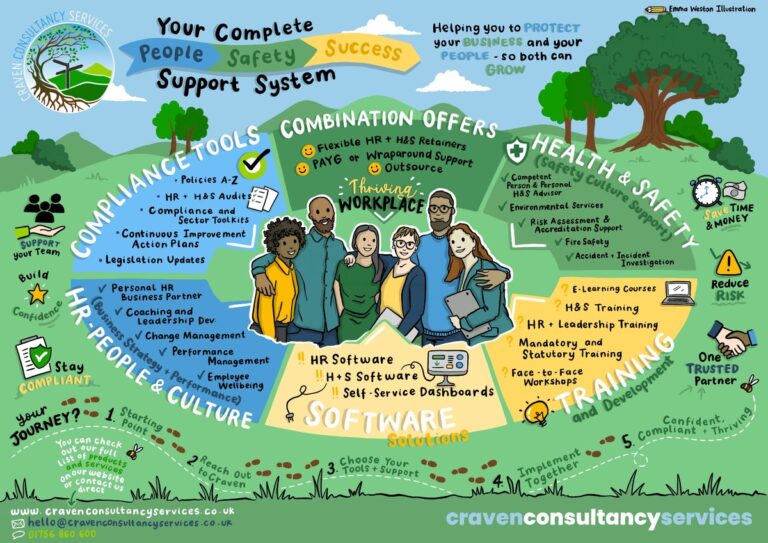Cybersecurity is the most concerning matter as cyber threats and attacks are overgrowing.
Attackers are now using more sophisticated techniques to target the systems. Individuals, small-scale businesses, or large organizations are all being impacted. So, all these firms, whether IT or non-IT firms, have understood the importance of Cyber Security and focusing on adopting all possible measures to deal with cyber threats.
Gone are the days when passwords were enough to protect the system and its data. We all want to protect our personal and professional data, and thus Cyber Security is what you should know to ensure data protection.
What is Cyber Security?
Cyber Security is the process and techniques involved in protecting sensitive data, computer systems, networks, and software applications from cyber attacks. The cyber attacks are general terminology that covers a large number of topics, but some of the popular are:
- Tampering systems and data stored within
- Exploitation of resources
- Unauthorized access to the targeted system and accessing sensitive information
- Disrupting the normal functioning of the business and its processes
- Using ransomware attacks to encrypt data and extort money from victims
The attacks are now becoming more innovative and sophisticated that can disrupt the security and hacking systems. So it’s very challenging for every business and security analyst to overcome this challenge and fight back with these attacks.
How can HR help to avoid attacks?
Employees are often a company’s first line of defence against cyber attacks. The government’s cyber security breaches survey in 2020 showed that employees spotted 63% of breaches, whilst antivirus protection software only caught 7% of attacks.
Simple but effective training can be rolled out to all staff to train them on identifying suspicious emails and responding to an attack or data breach.
The company’s data protection and IT procedures can also be covered, including issues such as how to safely use IT equipment, remote working rules, document management systems, and removing data from company systems.
Such training should be provided to new hires forming part of the company’s induction process, with regular refresher training to maintain good practices. In addition, training tools and quizzes could be circulated to staff regularly to gauge whether they respond correctly to mock cyber security scenarios.













